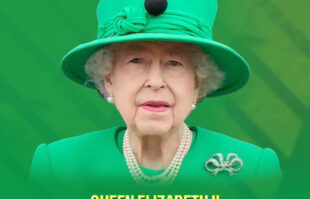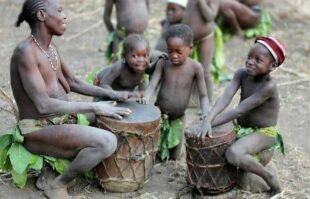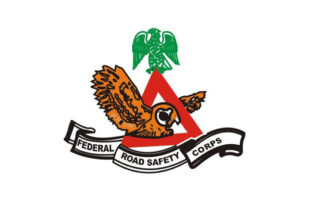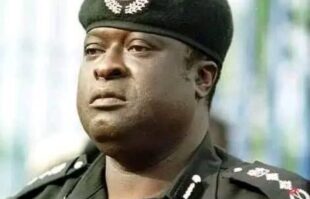Out of all the 36 states in Nigeria, Delta State is known as the oil and agricultural producing state, with its region located in the South-South geo-political zone and a population of over 4 million. The Delta State people consist of five major ethnic groups (Urhobo, Itesekiri, Ijaw (Izon), Isoko, and Anioma ‘Igbo’), each with their own culture and geographical location.
The capital city of Delta State in Asaba, which is located at the northern end of the state. Delta people contribute to the economic development of Nigeria through their involvement in solid minerals deposits to produce industrial clay, silica, lignite, kaolin, tar sand, decorative rocks, and limestone, which are raw building materials.
Aside from the solid mineral activities that exist within the state, Delta is one of the largest producers of petroleum products in Nigeria, with a huge deposit of crude oil.
Nigeria’s South-South geopolitical zone includes Delta State as a state. The state was created on August 27, 1991, from the previous Bendel State and is named after the Niger Delta, a substantial portion of which is located inside the state. With Bayelsa State to the south, Edo State to the north, Anambra and Rivers States to the east, and the Bight of Benin to the west, which makes up around 160 kilometres of the state’s coastline.
In this piece, Naijabiography explores the creation of Delta State, the people of Delta, their culture and tradition, and their trades and economic formation.
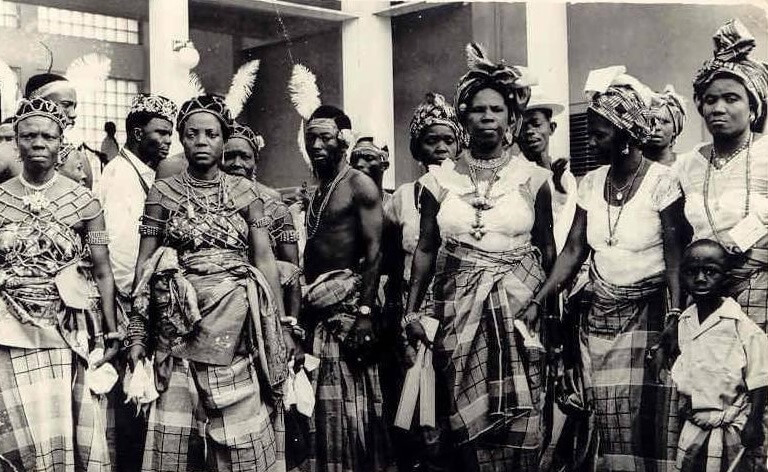
History
On August 27, 1991, the previous Bendel State was divided into the current Delta State. Following protests by the residents of the former Delta Province for the establishment of a new, distinct state, the state was actually established. Another state request was put out as “Anioma State,” which included the old Midwest region’s divisions of Asaba and Agbor.
Gen. Ibrahim Babangida, who was the then-military president, established Delta state but named “Asaba,” a significant town in the “Northwestern Lower Niger,” as its capital. The projected capital was to be located on a pristine piece of land in the middle of the two divisions that make up the Northwestern Lower Niger.
However, from 1963 to 1976, Delta State was a part of the Mid Western State; from 1976 to 1991, it was a part of Bendel State. The name “Bendel” (Ben-Del) was created by the former Western Region-Delta Benin and Delta Provinces to signify the integration of the two provinces.
Before the name “Delta” was carved out, people from the Isoko and Eruwa in the state’s centre, the Ukwuani in the east, the Ika, Ozanogogo, and Olukumi in the northeast, the Anioma in the northwest, and the Ijaw, Itsekiri, Urhobo, and Uvwie in the southwest have all lived in Delta State for many years.
Also, before joining the British Oil Rivers Protectorate in 1884, the territory that is now Delta State was separated into a number of monarchial nations, including the Kingdom of Warri and the Agbor Kingdom during the pre-colonial era. The protectorate was merged by the British in the early 1900s into the Southern Nigeria Protectorate, which ultimately became British Nigeria.
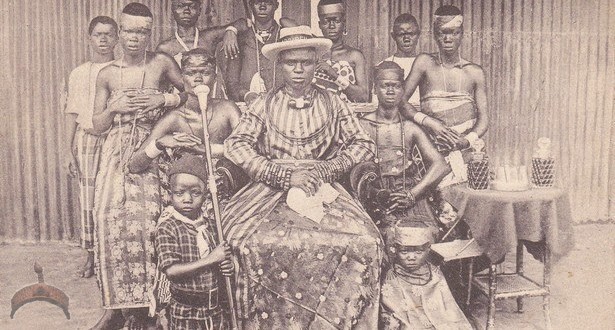
Thus, the protectorate is now known as the Niger Coast Protectorate. However, due to the upheavals of the Ekumeku Movement, colonial soldiers did not fully seize control of the present-day Delta State until the 1910s. Notably, Delta contains one of the few regions of what is now Nigeria that were governed by France, since the UK leased the Forcados enclave to France from 1903 to 1930.
Before now, the area of present-day Delta was a part of the Western Region upon independence in 1960 until the region was split in 1963, at which point it became a member of the Mid-Western Region. The Igbo-dominated former Eastern Region attempted to secede in 1967 and invaded the Mid-Western Region in an effort to seize Lagos and bring the war to an immediate end. Biafran forces were eventually stopped and pushed back, but for a brief period, they briefly proclaimed the captured Mid-Western Region (including what is now Delta State) as the Republic of Benin.
Widespread hostilities existed between the Biafran forces and the majority non-Igbo residents of what is now Delta State during the occupation. Biafran forces committed atrocities against ethnic Hausa, Urhobo, and Ijaw people. In a similar vein, Nigerian forces committed the Asaba massacre against ethnic Igbos in Asaba after the Mid-West was liberated.
The Mid-Western Region was reconstituted following the end of the war and the unification of Nigeria until 1976 when Bendel State was given its current name. Bendel State was divided in 1991, with the northern portion becoming Edo State and the southern portion becoming Delta State.
The Urhobo, Ukwani, Isoko, Anioma, Ijaw, Ika, Aniocha-Oshimili, Itsekiri, and Olukumi people make up the majority of the population in Delta State. Other organizations have very little presence in the state. The Urhobo-Isoko, who number more than 2.6 million today, make up the majority of the state’s population.
The Anioma, also known as “People of Good Land” people, are the Igboid group that makes up Delta State. Although the Itsekiri have a language that is extremely similar to Yoruba, they have also been culturally affected by the Urhobo, Ijaw, and Edo from the nearby state of Edo. Also, the Olukumi are a group of people whose culture and language are rapidly disappearing because of acculturation and assimilation, whereas the Ijaws are a tribe related to the majority population of the neighbouring Bayelsa State. However, few people practise traditional religions, and the vast majority of residents identify as Christians.
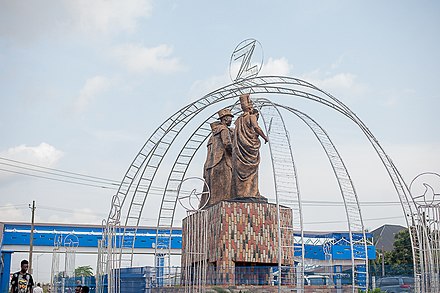
The Language of Delta People
The fact that English is Nigeria’s official language is hardly breaking news. However, the nation is home to numerous tribes and ethnic groups, each of which has its own regional dialect. In Delta State, a higher proportion of locals and residents converse in sloppy English (pidgin). Therefore, Igbo is a language that is spoken by more than half the state’s population. Although there are 11 different languages spoken here, thus, Izon, Igala, Urhobo, Igbo, and Itsekiri are the four most common in Delta State.
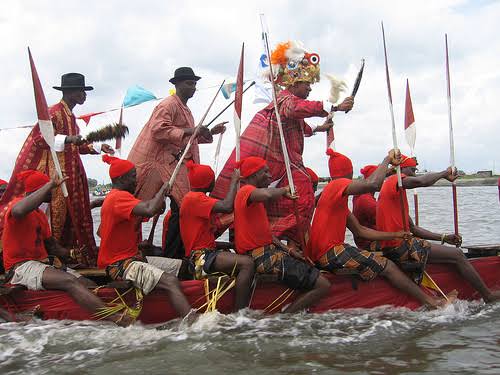
Trades in Delta State
The economy of Delta State is centred on the production of crude oil and natural gas. It is one of the major oil-producing states in the nation. Agriculture is one of the state’s major minor businesses because it produces a lot of cassava, oil palm, and yam, in addition to fishing and culture.
Although Delta has the fourth highest Human Development Index in the nation, in large part because of its enormous oil revenues, conflicts between oil companies and local communities and years of systemic corruption have caused hostilities that are frequently associated with the underdevelopment of host communities.
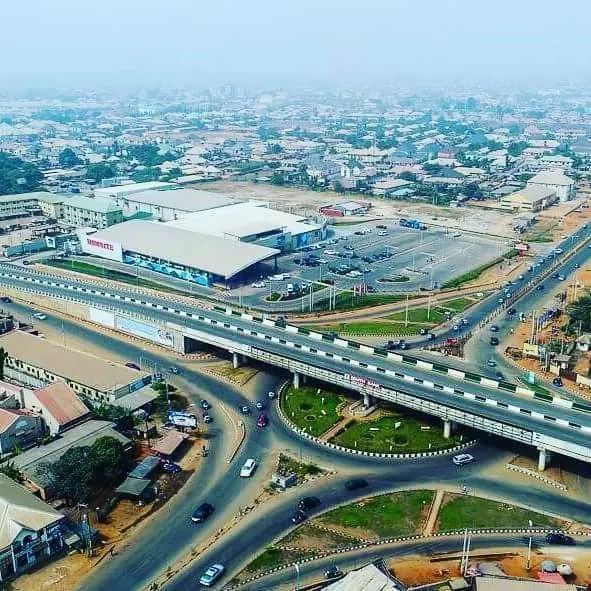
Furthermore, the state has a variety of solid mineral resources, including limestone, industrial clay, silica, lignite, kaolin, tar sand, and decorative rocks. These are the raw materials used in various industries, including the production of ceramics, bottles, glass, chemicals, insulators, chalk, sanitary ware, and the cutting and quarrying of beautiful stone. But, according to research, these mineral resources are underutilized.
In addition, the state has a large number of tourist centres, which contribute to the economy of the state. These centres include Nana’s Palace, River Ethiope, Mungo Park House, Niger Bridge, Lander Brothers Anchorage, and Warri Kingdom Royal Cemetery, among others.
Delta State Administration
Delta state had 12 local government areas when it was first established in 1991; they were later increased to 19, and there are presently 25 local government areas. In April 2015, the People’s Democratic Party’s Arthur Okowa Ifeanyi won the election for governor and leader of Delta State, including Kingsley Otuaro, a barrister, as his deputy.
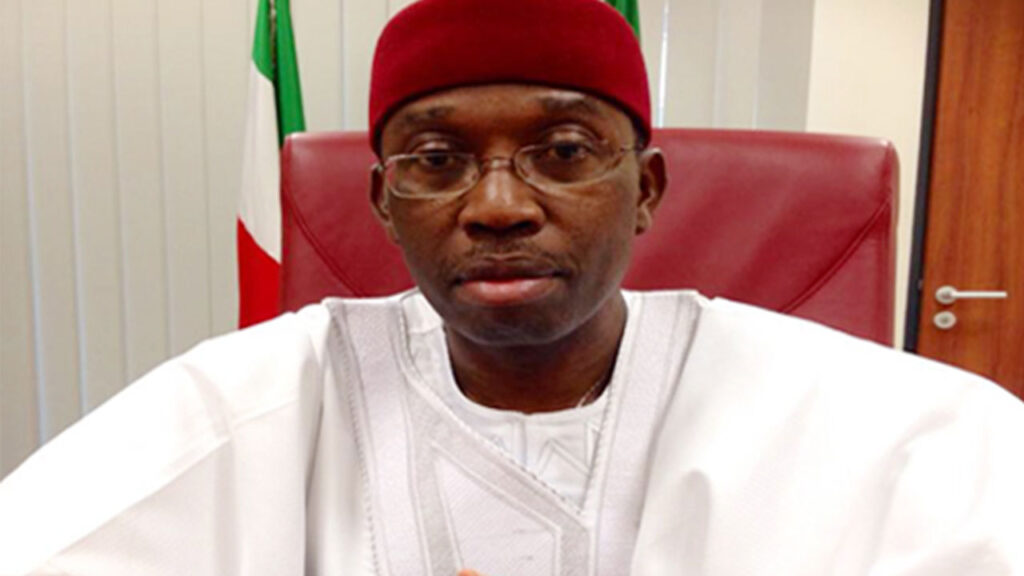
Furthermore, there are three National Senatorial Districts in the state (South, North, and Central). James Manager, Arthur Okowa Ifeanyi, and Emmanuel Aguariavwodo were chosen as senators in 2011 and 2013, respectively. Pius Ewherido, who passed away in 2013 at the National Hospital in Abuja, was replaced by Aguariavwodo.
In January 1992, Felix Ibru became the first Governor of Delta State, under the umbrella of the Social Democratic Party (SDP), and his administration ended in November 1992, before the military rulership in September 1994.
At present, the Governor of Delta State is Ifeanyi Okowa, who became governor on May 29th, 2015.


